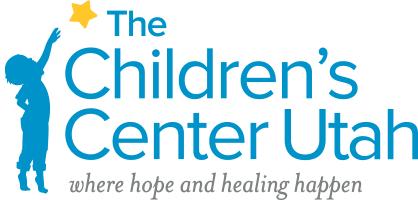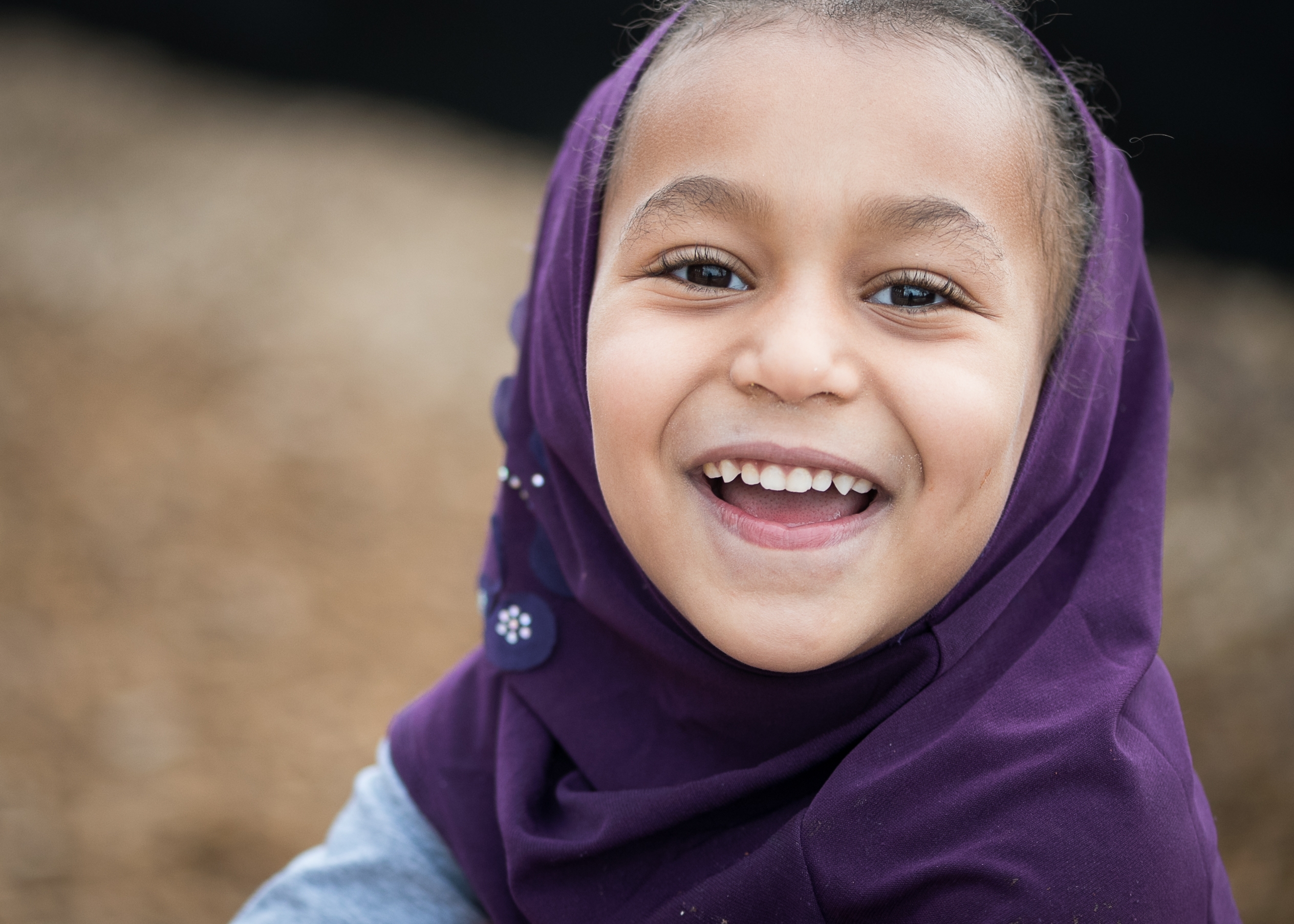SALT LAKE CITY (KUTV) — Amid a global pandemic with serious mental health consequences for children and their caregivers, Utah’s governor and child advocates put the focus on early childhood mental health Wednesday during the second Ready! Resilient! Utah Early Childhood Mental Health Summit.
“We need to focus more on providing fair and equitable access to mental health services for all young children,” Gov. Spencer Cox said, “including those whose communities experience inequitable health outcomes and those who live in rural communities.”
The governor and First Lady Abby Cox spoke at the summit Wednesday morning, which was held virtually. The event was hosted by The Children’s Center Utah, which provides mental health care to young children and their families.
Rebecca Dutson, president and CEO of The Children’s Center Utah, said the COVID-19 pandemic has resulted in “unimaginable, long-term mental health consequences unfolding for children and their caregivers.” She urged a sharper focus on early childhood mental health.
“There is hope,” Dutson said. “There is hope by going upstream and working with our state’s youngest and most vulnerable. We can and we must change what happens downstream for our state’s youth and adults.”
The summit featured a number of speakers discussing policy recommendations and best practices to promote early childhood mental health, particularly in minority communities. This follows a report released a year ago by the Kem C. Gardner Policy Institute that found, among other things, that there was a need in Utah for early childhood mental health services. The report also found focusing on children in their earliest years reduces the need for future services and programs, including the criminal justice system.
A working group has been coming up with concrete strategies and recommendations "to help us better address the many complex challenges that exist around providing early childhood mental health treatment," Dutson said. Specific recommendations are expected to be released in January.
During his speech, the governor noted he struggled with suicidal thoughts as a young man and understands the importance of mental health. He said Utah continues to deal with the impacts of suicide. According to the U.S. Surgeon General, suicide rates among those ages 10 to 24 spiked by 57 percent between 2007 and 2018, with more than 6,600 suicide deaths in that age group last year.
“Although we are making some progress with our efforts, this progress must continue,” Cox said.
The issue of youth suicide was recently thrust into the spotlight in Utah with the death of 10-year-old Izzy Tichenor, a Davis County student who took her own life in November. Her family said she was bullied at Foxboro Elementary in North Salt Lake, including about her race. The Davis School District – which has been under scrutiny after the U.S. Justice Department recently found it failed to address race-based harassment over several years – is launching an investigation into the matter, and the governor has promised to do more to address bullying at a statewide level.
In an interview with KUTV 2News Wednesday afternoon, First Lady Abby Cox said she's thought about Izzy often as she tackles this issue.
"The most critical thing we can do, the most critical thing we can teach our children, is empathy, is kindness, is connection with one another, is a sense of community in their schools and outside of their schools," she said. "If we can do that, we’re going to save the lives of many more Izzys around the state."
During her remarks at the summit, the first lady said she has dealt with anxiety at various points in her life, and she continually tries to learn about ways to help her own children and others best address their mental health challenges.
“There is nothing more important to me and the governor than the children of this state,” she said. “They are more kind, more empathetic and generous of spirit than any generation before. Let us set them on the best path forward. Let us give them our love by honoring their struggle. Let us find ways to make it a little easier for them to be healthier and stronger, and let us give them the gift of a lifetime of connection and belonging.”


